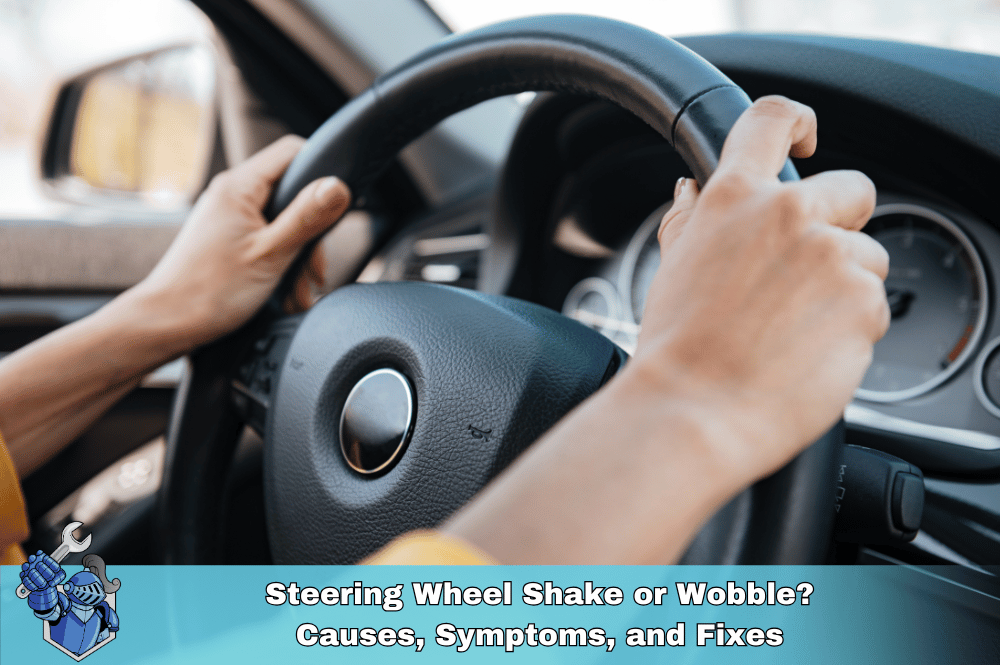The muffler is designed to reduce the noise produced by your engine. It uses chambers and baffles to cancel out sound waves and quiet the exhaust.
If your car's exhaust system starts acting up, it can quickly become a serious issue. From strange noises to reduced fuel efficiency, exhaust problems aren't something to ignore. The exhaust system plays a crucial role in controlling your vehicle's emissions, ensuring optimal performance, and keeping the ride as smooth as possible. In this blog, we'll dive deep into common exhaust issues, including muffler and catalytic converter problems, and explore potential replacement solutions. We’ll also provide answers to frequently asked questions (FAQ) to help you stay informed about your vehicle’s exhaust system.
Understanding the Exhaust System
The exhaust system in your vehicle is responsible for diverting harmful gases away from the engine, reducing emissions, and ensuring that your car runs smoothly. It’s composed of several key components, including:
- Exhaust Manifold: The exhaust manifold collects exhaust gases from the engine's cylinders and directs them into the exhaust pipe.
- Oxygen Sensor: Located in the exhaust stream, this sensor monitors oxygen levels and helps the engine's computer adjust the air-fuel mixture for optimal performance.
- Catalytic Converter: This critical component converts harmful gases like carbon monoxide, hydrocarbons, and nitrogen oxides into less harmful emissions.
- Muffler: The muffler reduces the noise produced by exhaust gases as they exit the exhaust pipe.
- Tailpipe: The final section of the exhaust system where gases are expelled from the vehicle.
When any part of this system starts to fail, you may notice decreased fuel efficiency, strange noises, or even a failed emissions test.
Common Exhaust Problems
1. Muffler Issues
One of the most common problems with an exhaust system involves the muffler. A damaged or failing muffler can lead to excessive noise, which is often the first sign of trouble. Over time, the muffler can corrode due to exposure to moisture, salt, and debris on the road. Rust can weaken the structure, causing it to develop holes and fail at reducing the noise.
Another common issue is a muffler delete, which some car owners do to enhance the sound of their vehicle. While this can make your car sound more aggressive, it also means your vehicle may not pass emissions tests in some areas and could result in a violation of noise ordinances.
2. Catalytic Converter Problems
The catalytic converter is crucial for reducing your car’s emissions. If it becomes clogged, it can cause your vehicle to lose power, decrease fuel efficiency, and even trigger the check engine light. Symptoms of a bad catalytic converter often include reduced acceleration, a sulfur-like smell (rotten eggs), or a rattling noise coming from under the vehicle. Over time, catalytic converters can wear out, especially in older vehicles, and require replacement.
A clogged catalytic converter is a serious issue that can affect the overall performance of your vehicle. If left unaddressed, it could lead to more extensive engine damage.
3. Exhaust Leaks
An exhaust leak can be particularly dangerous as it can allow toxic gases, such as carbon monoxide, to enter the cabin of the vehicle. Leaks often occur when there are cracks or holes in the exhaust manifold, pipes, or connections between components. Symptoms of an exhaust leak include increased noise, a noticeable loss of power, and in some cases, the smell of gas or fumes in the vehicle. Fixing an exhaust leak is essential not only for your vehicle's performance but also for your safety.
4. Resonator and Performance Exhaust Systems
The resonator is another key part of the exhaust system, working alongside the muffler to reduce engine noise. If the resonator becomes damaged or clogged, you may notice louder-than-normal engine sounds. Many drivers choose to upgrade their exhaust with performance exhaust systems or a cat-back exhaust, which can improve vehicle performance and enhance the sound of the exhaust system. However, improper installation or choosing the wrong setup can lead to inefficiencies and further exhaust problems.
5. Tailpipe and Exhaust Pipe Issues
The tailpipe and exhaust pipe are exposed to the elements and can rust or corrode over time. Cracks, holes, or other damage in these pipes can lead to exhaust leaks, excessive noise, and decreased fuel efficiency. In severe cases, replacing the damaged section of the pipe may be the only solution.
Exhaust Replacement Solutions
Muffler Replacement
The cost to replace a muffler can vary depending on your vehicle and the type of muffler you choose. On average, muffler replacements range from $150 to $300. For performance exhaust upgrades, costs can be significantly higher. Choosing a high-quality muffler is essential to ensure long-term durability and noise reduction.
Catalytic Converter Replacement
Replacing a catalytic converter can be one of the more expensive exhaust repairs, ranging from $900 to $2,500 depending on your vehicle’s make and model. Catalytic converters are often targeted by thieves due to the valuable metals inside them, such as platinum, palladium, and rhodium, so it's important to consider options like installing a catalytic converter lock for extra protection.
Exhaust Leak Repair
Fixing an exhaust leak may involve replacing a portion of the exhaust pipe, patching holes, or resealing connections. Repair costs typically range from $100 to $500, depending on the severity of the leak and the location of the damage.
Resonator and Performance Exhaust Solutions
Upgrading to a performance exhaust system can improve engine efficiency and horsepower. Prices for a cat-back exhaust system or similar performance exhaust setup can range from $500 to $2,000. Resonators are often replaced along with performance mufflers to fine-tune the sound and performance of the vehicle.
Why Protect Your Vehicle with Noble Quote Warranty?
Exhaust system repairs can be costly, and a failing catalytic converter or muffler can be an unexpected expense that disrupts your budget. At Noble Quote, we provide comprehensive auto protection plans that can cover major vehicle components, including exhaust system repairs. Whether you’re dealing with a clogged catalytic converter, an exhaust leak, or you need a full exhaust replacement, a Noble Quote Warranty can help cover the cost, ensuring that your vehicle stays in top shape without breaking the bank.
Learn more about our plans by visiting our Learning Center and get a Noble Quote Warranty to safeguard your vehicle from expensive repairs.
Exhaust System FAQs: Your Questions Answered
What does a muffler do?
What is a catalytic converter?
A catalytic converter is a device that reduces harmful pollutants in exhaust gases. It converts toxic gases like carbon monoxide and nitrogen oxides into less harmful substances like carbon dioxide and water vapor.
How do I know if my muffler needs to be replaced?
Signs of a bad muffler include excessive noise, a rattling sound from under the car, decreased fuel efficiency, and a smell of exhaust fumes.
What are the symptoms of a clogged catalytic converter?
A clogged catalytic converter can cause reduced engine performance, decreased fuel efficiency, a rattling sound from the converter, and a sulfurous smell from the exhaust.
How much does it cost to replace an exhaust system?
The cost of exhaust system replacement varies depending on the make and model of your vehicle, the type of system, and labor costs. It can range from a few hundred dollars for a simple muffler replacement to over a thousand dollars for a complete system.
Can I drive with a hole in my muffler?
While it's technically possible to drive with a hole in your muffler, it's not recommended. It can lead to decreased fuel efficiency, increased noise pollution, and potential safety hazards due to exhaust fumes entering the cabin.
How often should I get my exhaust system inspected?
It's a good idea to have your exhaust system inspected annually or whenever you notice any signs of a problem.
What is a "cat-back" exhaust system?
A "cat-back" exhaust system refers to the portion of the exhaust system from the catalytic converter back to the tailpipe. It typically includes the muffler, pipes, and resonator.
Can I improve my car's performance with a new exhaust system?
Yes, a performance exhaust system can improve horsepower and torque, especially when combined with other engine modifications.
How can I make my exhaust quieter?
Options for quieting your exhaust include installing a quieter muffler, adding sound deadening material, or repairing any exhaust leaks.
Suggestions for you
Read MoreLet’s work together
Every week we showcase three charitable organizations that our donations are sent to. Our clients are able to choose which of these three will receive their gift when they add coverage to their vehicle...

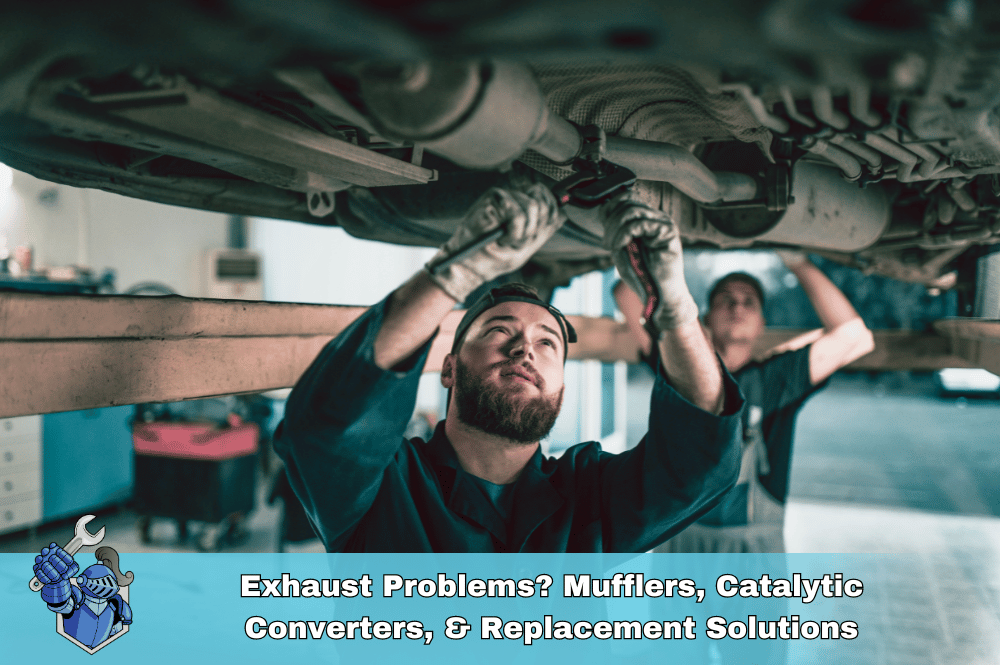
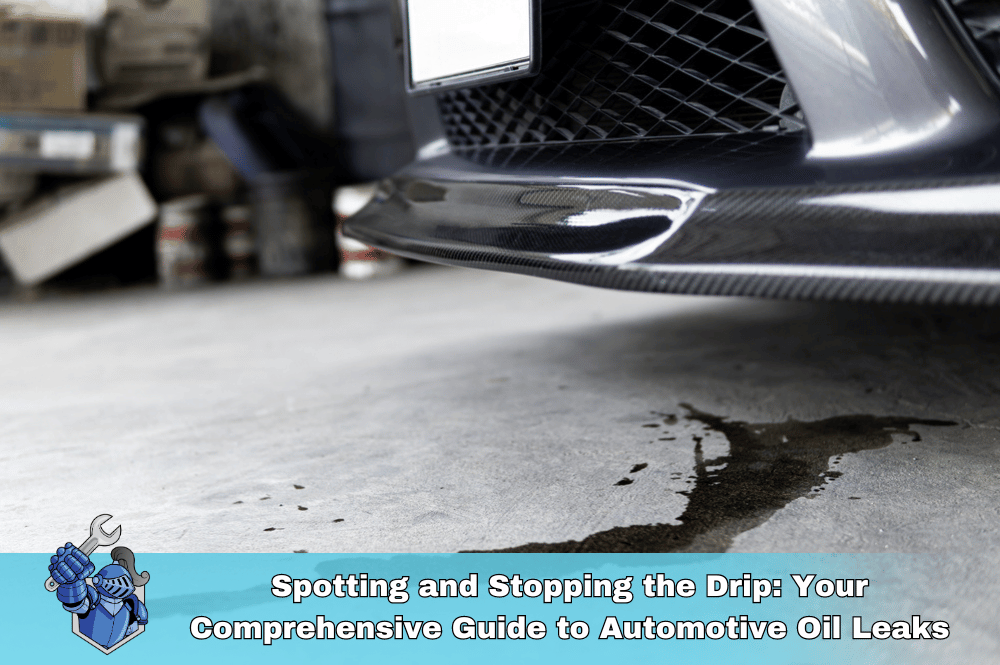 Spotting and Stopping the Drip: Your Comprehensive Guide to Automotive Oil Leaks
Spotting and Stopping the Drip: Your Comprehensive Guide to Automotive Oil Leaks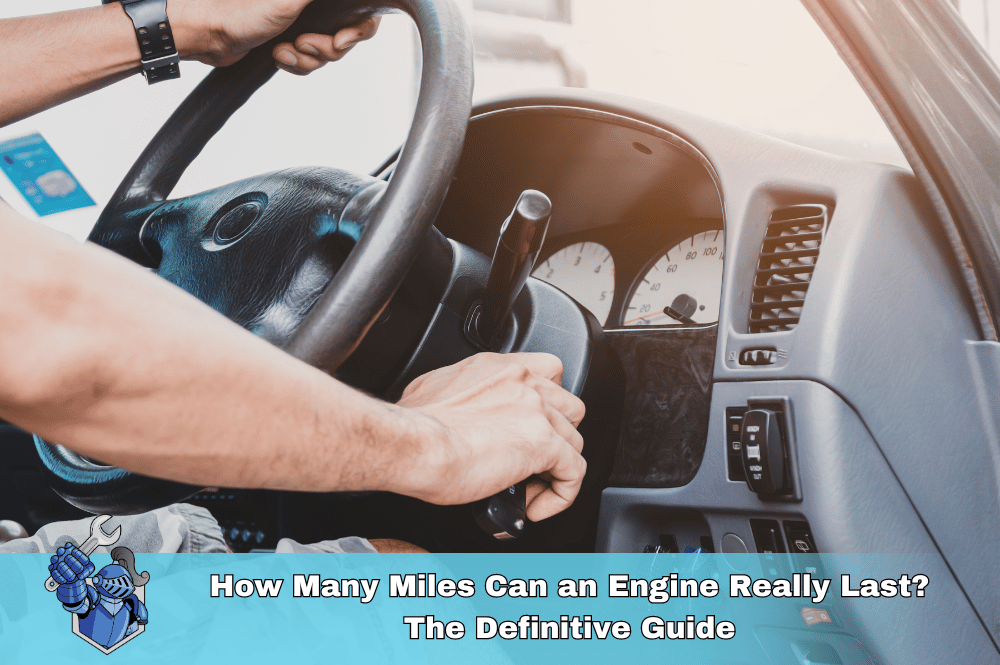 How Many Miles Can an Engine Really Last? The Definitive Guide
How Many Miles Can an Engine Really Last? The Definitive Guide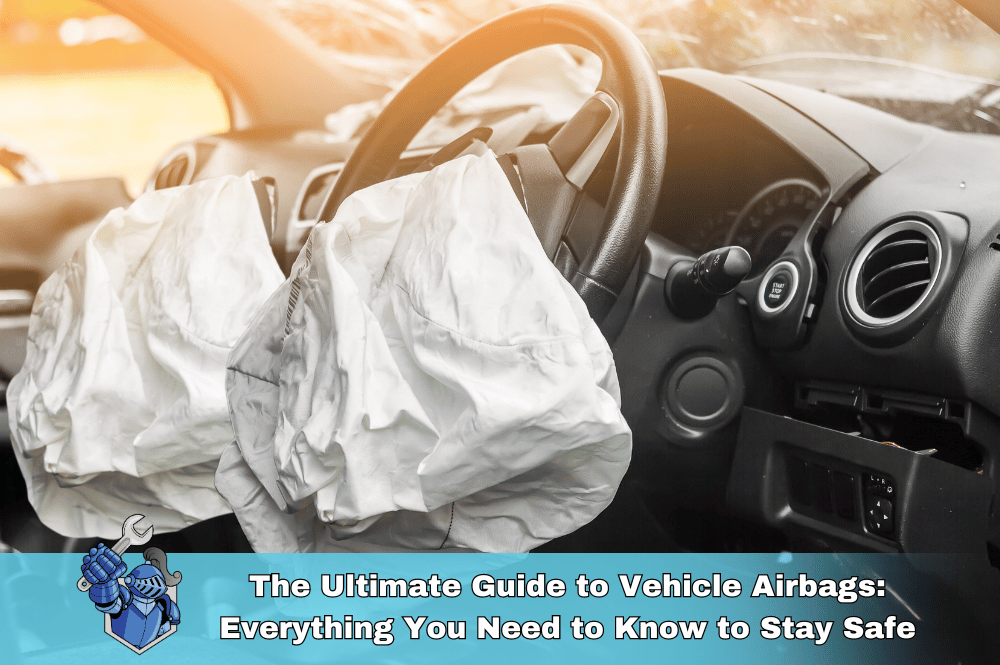 The Ultimate Guide to Vehicle Airbags: Everything You Need to Know to Stay Safe
The Ultimate Guide to Vehicle Airbags: Everything You Need to Know to Stay Safe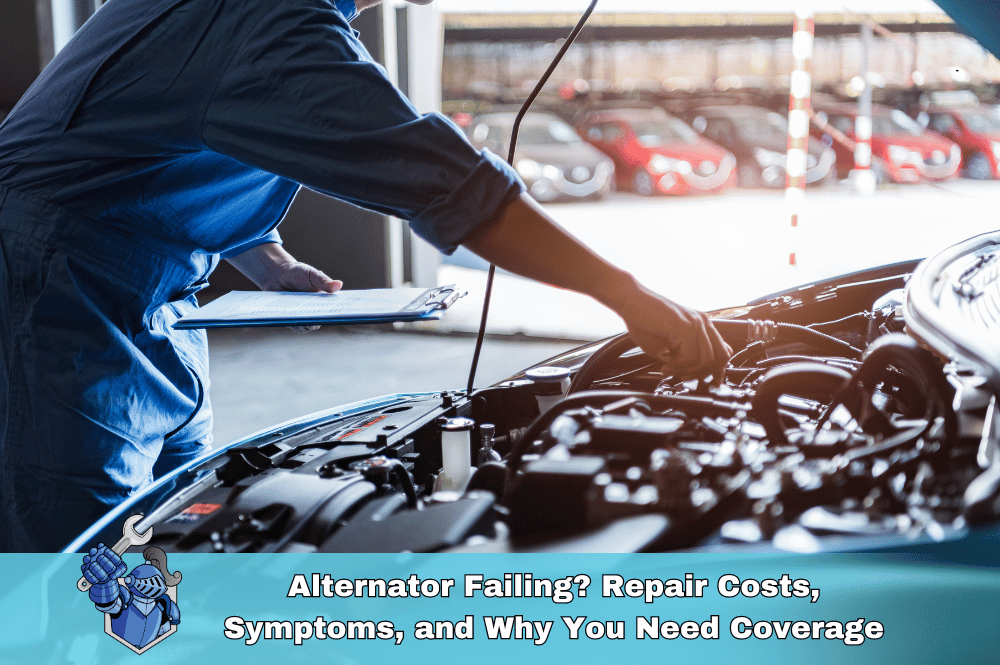 Alternator Failing? Repair Costs, Symptoms, and Why You Need Coverage
Alternator Failing? Repair Costs, Symptoms, and Why You Need Coverage How to Replace Your Car Key Battery Tips Costs and More
How to Replace Your Car Key Battery Tips Costs and More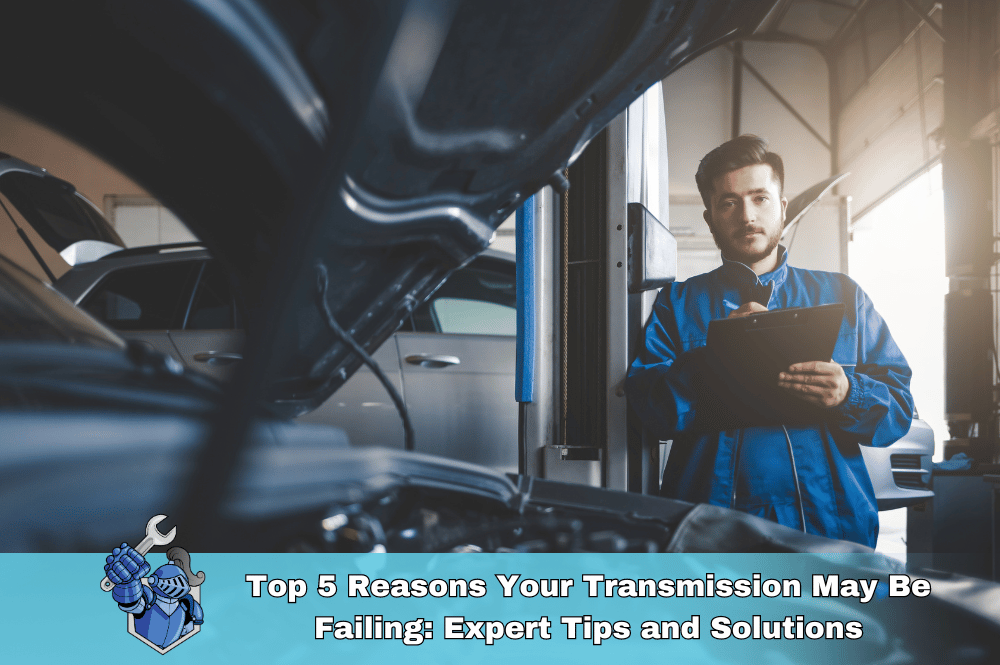 The Essential Guide to Car Maintenance: How to Keep Your Vehicle Running Smoothly
The Essential Guide to Car Maintenance: How to Keep Your Vehicle Running Smoothly Top 5 Reasons Your Transmission May Be Failing: Expert Tips and Solutions
Top 5 Reasons Your Transmission May Be Failing: Expert Tips and Solutions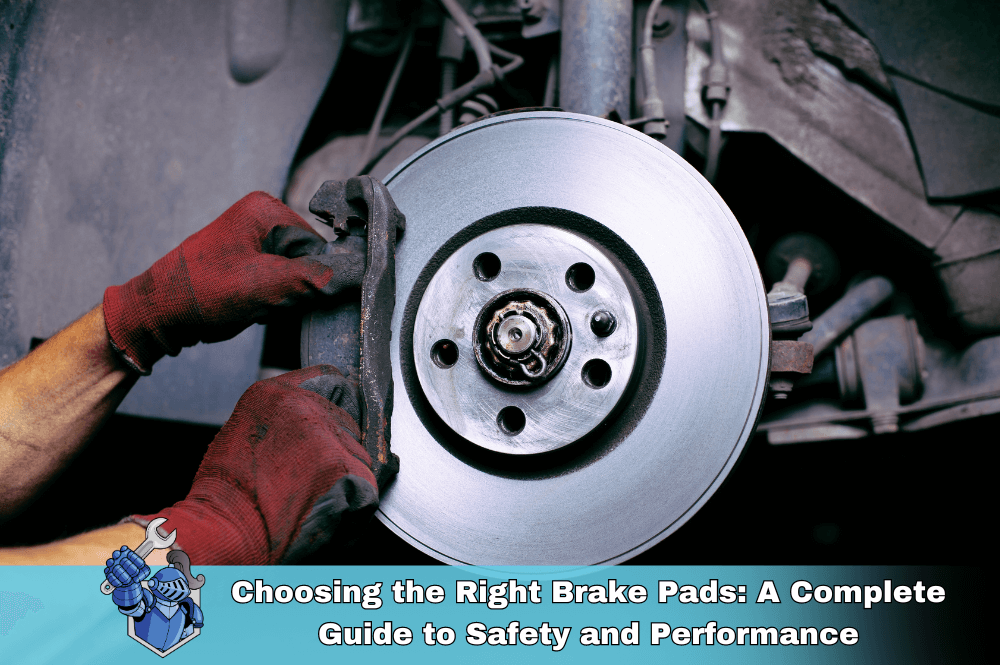 Choosing the Right Brake Pads: A Complete Guide to Safety and Performance
Choosing the Right Brake Pads: A Complete Guide to Safety and Performance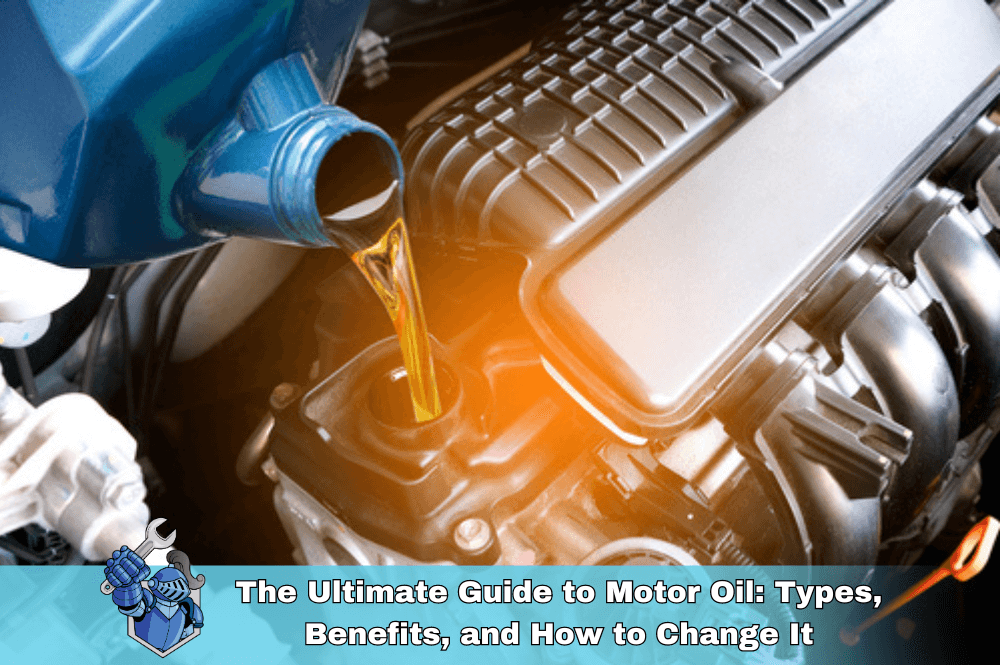 The Ultimate Guide to Motor Oil: Types, Benefits, and How to Change It
The Ultimate Guide to Motor Oil: Types, Benefits, and How to Change It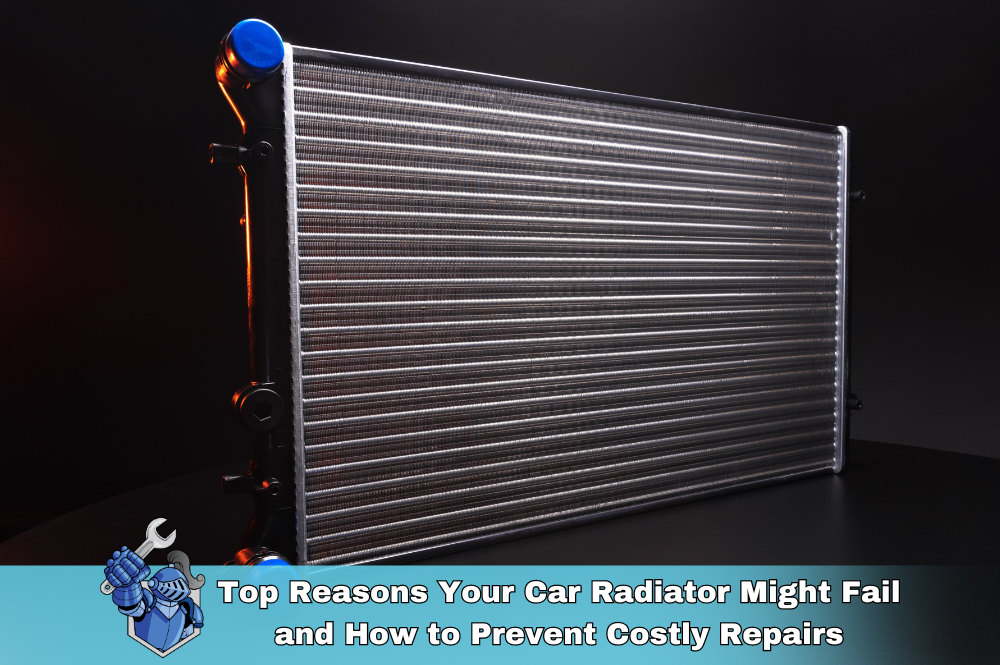 Top Reasons Your Car Radiator Might Fail and How to Prevent Costly Repairs
Top Reasons Your Car Radiator Might Fail and How to Prevent Costly Repairs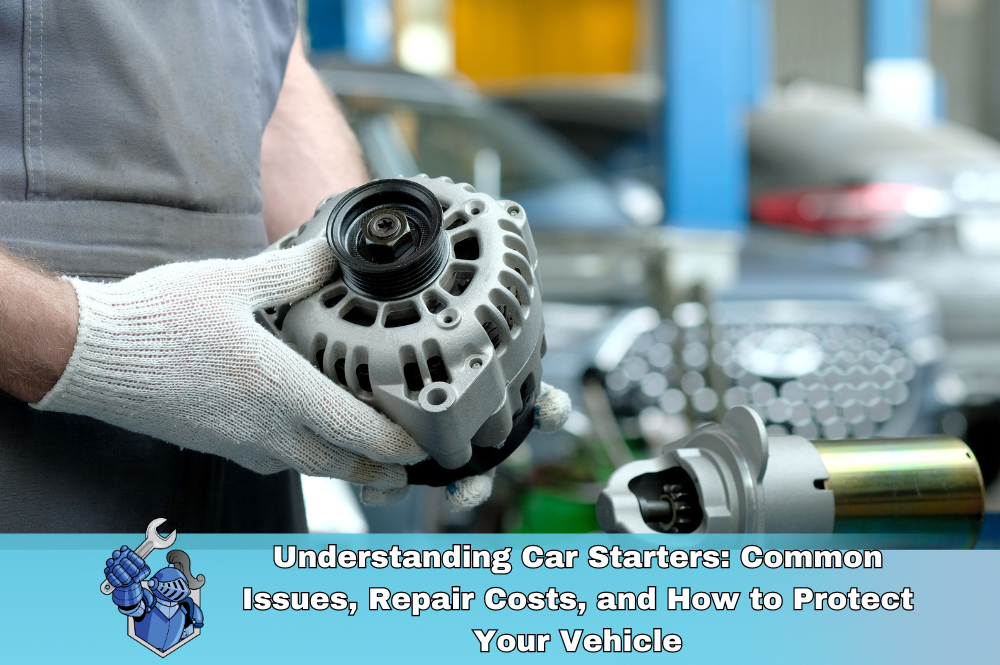 Understanding Car Starters: Common Issues, Repair Costs, and How to Protect Your Vehicle
Understanding Car Starters: Common Issues, Repair Costs, and How to Protect Your Vehicle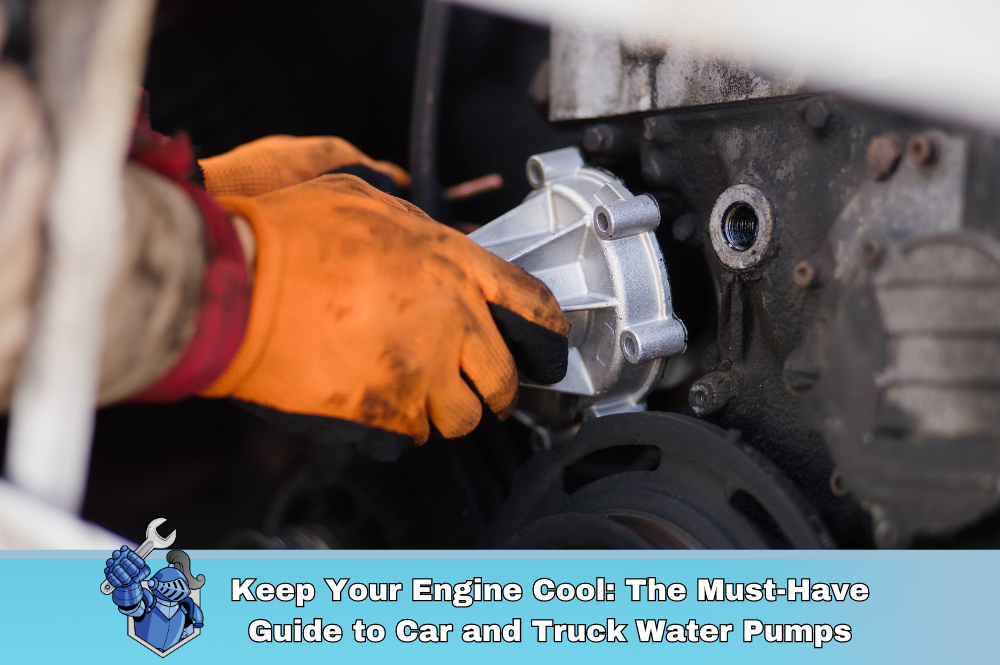 Keep Your Engine Cool: The Must Have Guide to Car and Truck Water Pumps
Keep Your Engine Cool: The Must Have Guide to Car and Truck Water Pumps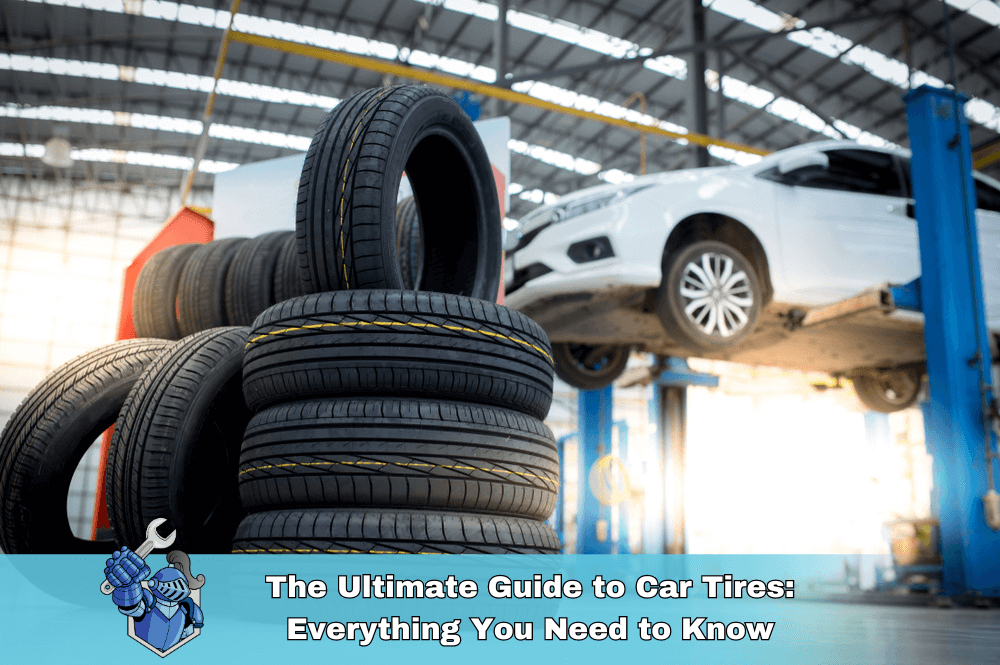 The Ultimate Guide to Car Tires: Everything You Need to Know
The Ultimate Guide to Car Tires: Everything You Need to Know